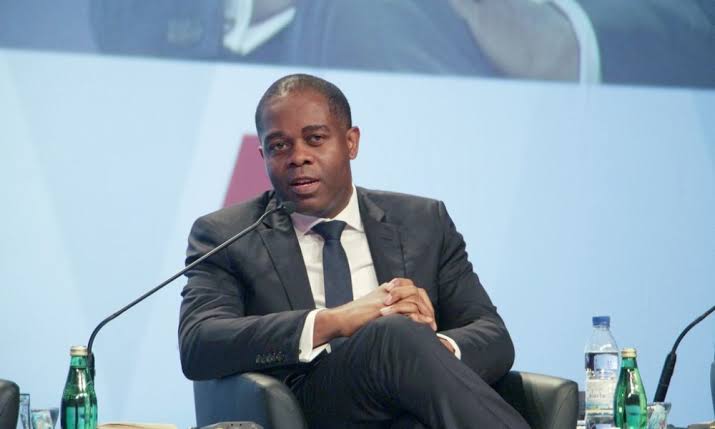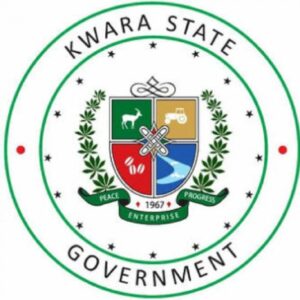


FG funding for basic healthcare totals N63bn over the past five years.
The Federal Ministry of Health and Social Welfare, through the National Health Insurance Authority (NHIA), has allocated N63 billion from the Basic Health Care Provision Fund since the program’s inception in 2019. This information was revealed by Dr. Kelechi Ohiri, the Director General of NHIA, during a media event in Abuja on Wednesday.
The NHIA reported that all 36 states and the Federal Capital Territory, Abuja, have established State Social Insurance Agencies. Currently, 8,200 facilities across the nation receive direct funding, benefiting approximately 160,000 citizens through the Basic Health Care Provision Fund (BHCPF), with a national utilization rate of 15 percent.
Dr. Ohiri highlighted that the fund has supported 8,200 facilities compared to 7,800 at the start and noted the significant increase in beneficiaries.
The NHIA has also introduced a financial reporting framework to guide the BHCPF’s operations.
The Basic Health Care Provision Fund, part of Nigeria’s National Health Act, aims to ensure access to basic healthcare services, particularly for the poor and vulnerable. It is financed through the federal government’s consolidated revenue and donor contributions, focusing on enhancing the health system, improving service delivery, and broadening access to essential health services.
The fund operates through various channels: NHIA administers a health insurance scheme for financial protection; the National Primary Health Care Development Agency allocates funds to improve infrastructure and resources at Primary Health Care centers; the National Emergency Medical Treatment Committee provides emergency care; and the Nigeria Centre for Disease Control enhances capacity to handle public health emergencies.
At the event, Dr. Muntaqa Umar-Sadiq, National Coordinator of the Sector-Wide Approach (SWAp), criticized the inadequate and uneven financing of Nigeria’s health sector, with only 3 percent of GDP allocated to healthcare and 40-69 percent of the federal health budget utilized effectively. He emphasized SWAp’s goal to improve transparency and efficiency in fund allocation.
Dr. Umar-Sadiq also pointed out issues with health data reliability, noting discrepancies between national and WHO immunization rates. He expressed optimism that by 2027, a more coordinated health sector, leveraging local and state governance and federal oversight, will lead to a unified, transparent, and accountable healthcare system in Nigeria.



